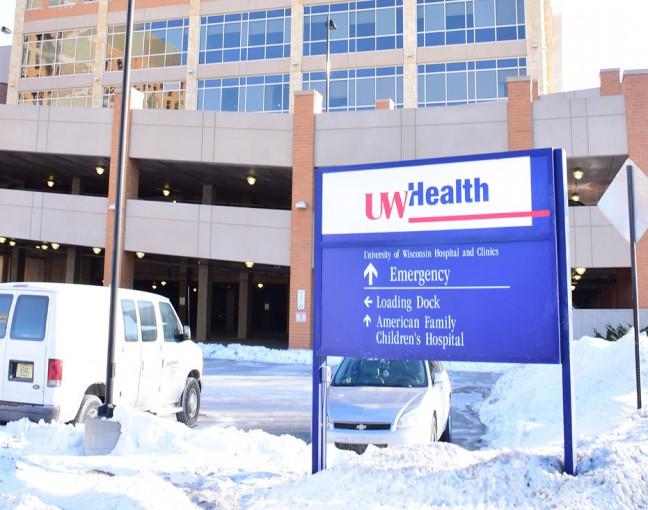Wisconsin doctors and state employees have called for their health care insurance to cover weight loss surgeries to help combat obesity.
Luke Funk, president of the Wisconsin chapter of American Society for Metabolic and Bariatric Surgery, said Wisconsin insurance providers do provide some coverage for these surgeries, but they are too expensive for most state employees to afford. He said only 15 to 20 people are able to get bariatric surgery, a term for weight loss surgery, every year under the state’s health care plan.
Funk said this rate is a “drop in the bucket” compared to 18,000 employees who are morbidly obese and would benefit from surgery.
“We think it is the right thing to do to offer people treatment that has so much evidence behind it,” Funk said.
Under current Wisconsin health insurance programs, people eligible for Medicare are also eligible to have insurance cover weight loss surgeries, Funk said. But this means a patient would have to wait until they are 65 in order to seek the surgery. He said the system is flawed because these surgeries are more beneficial at a younger age.
Michael Garren, assistant professor of surgery at University of Wisconsin School of Medicine and Public Health, said one of the reasons insurance does not cover weight loss surgeries is because obesity is deemed a relatively socially acceptable form of discrimination. Funk said society views obesity as a behavioral problem when it is actually a disease. People with lung cancer are not criticized for smoking but obese people are criticized for having “a poor diet,” Funk said.
“We don’t think that is the right thing to do and it is not in the best interest for the patient,” Funk said.
Funk said weight loss surgeries can be much cheaper in the long run compared to caring for other health implications over time. Interventional surgeries can prevent heart disease, diabetes and other health problems.
Funk said his research with ASMB shows bariatric surgery is more cost effective than caring for obesity-caused illnesses. Covering weight loss surgeries will save the state $60 million over 10 years and employees will not be absent from work because of health complications, he said.
Garren said a gastric bypass operation, a type of weight loss surgery, will “pay for itself” in as little as 17 months. He said bariatric surgery is performed thousands of times a day nationally. Every surgery carries risks, but the risk of short and long term complications are very low.
“Wisconsin is an outlier in that coverage of state employees and other citizens is clearly inadequate to meet the medical need brought on by the obesity epidemic,” Garren said.


